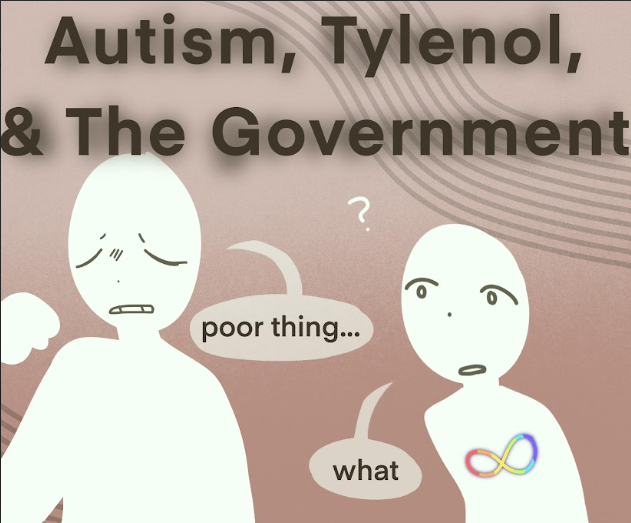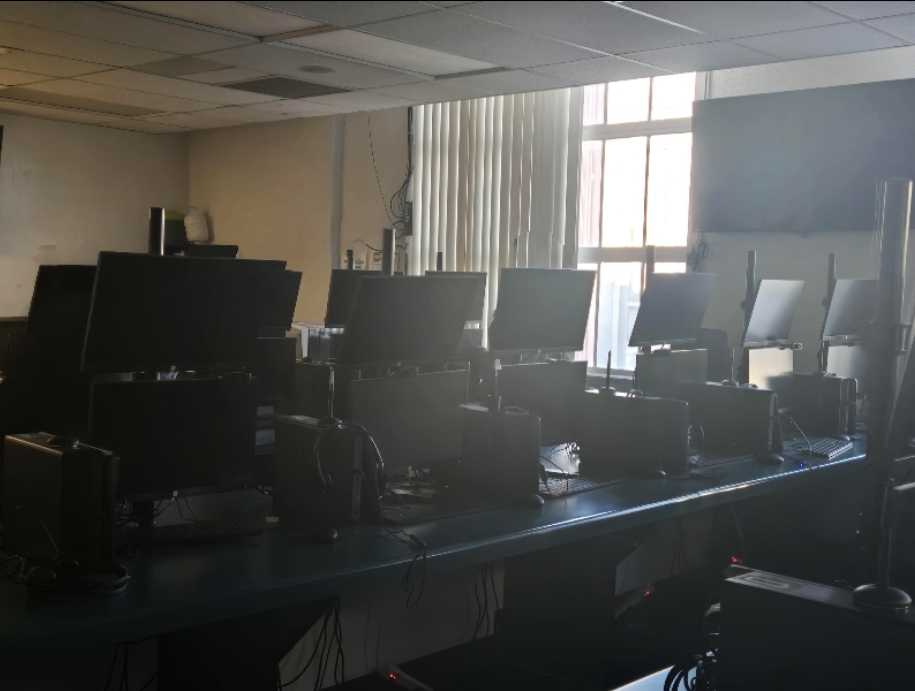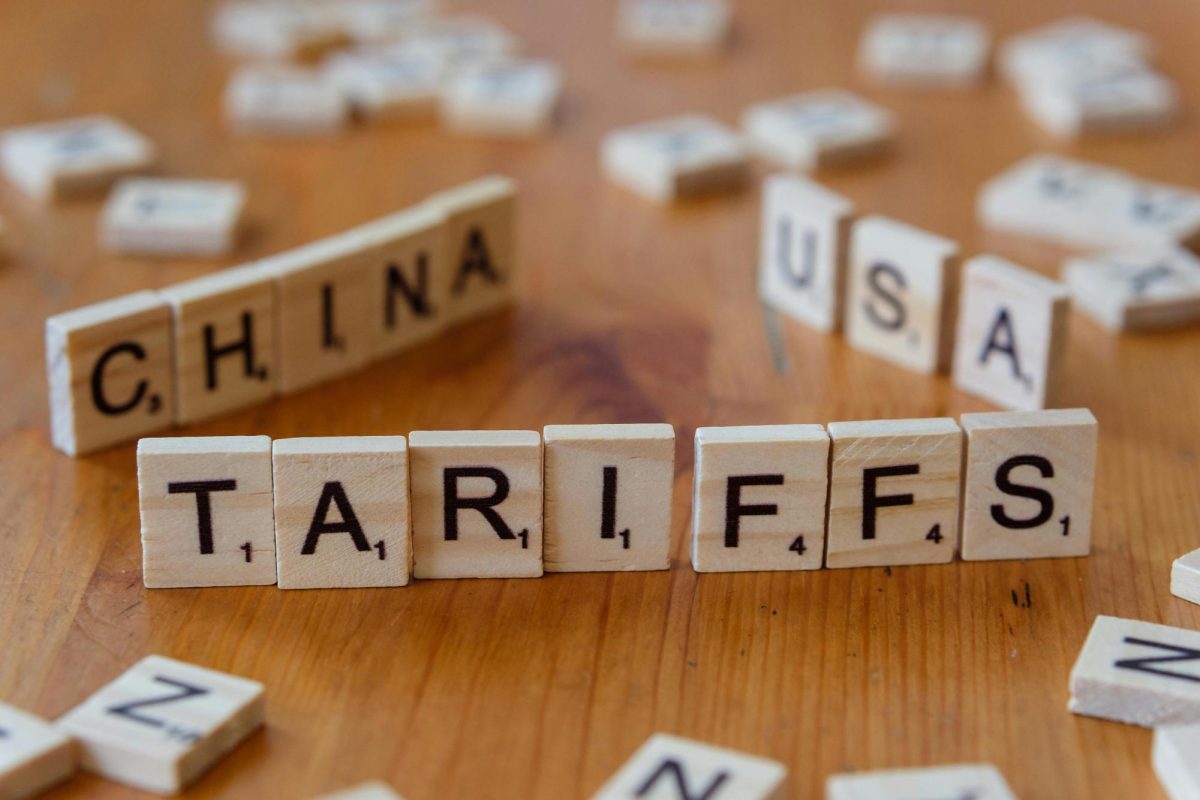Before discussing why tariffs are harmful, it’s important to understand what a tariff is and how it functions. According to Professor Robert Gulotty, “Tariffs are federal taxes set by Congress and applied to goods at the border. Unlike income or sales taxes, tariffs vary by product and originating country.”
He told the audience that tariffs have always been a part of U.S. trading policy. While rapid experimentation with tariff-setting is rare, it has occurred before. For instance, the Embargo Act of 1807 banned all trade with Britain and France as a punitive measure. This decision heightened political tensions, contributing to the events leading up to the War of 1812.
Gulotty further explained at a UChicago Q&A, “Tariffs have three goals. The first is that, like any tax, tariffs raise funds for the U.S. government. Second, because tariffs only apply to imports, they can be used to redistribute money from consumers toward domestic producers. Third, tariffs can affect the global market, strategically shifting global prices or acting as a sanction against foreign exporting firms or exporting countries.”
Tariffs significantly impact the economy. Items such as cars, technology, and basic necessities become more expensive, making it harder for people to manage the high cost of living. For example, most technology imported to the U.S. comes from China. As of April 13, 2025, President Trump imposed a 145% tariff on China. In response, China raised its tariff on the U.S. to 125%. BBC journalist Jennifer Clarke explains that a Chinese product typically costing $10 would now cost $24.50 due to the 145% tariff.
In an online statement translated by CNBC, China’s Commerce Ministry urged U.S. President Donald Trump to “completely abolish” the reciprocal tariffs, which include a 145% duty on imports from China. “We urge the U.S. to heed the rational voices of the international community and domestic parties, take a big stride in correcting its mistakes, completely abolish the wrongful action of ‘reciprocal tariffs,’ and return to the correct path of resolving differences through equal dialogue based on mutual respect.”
The tariffs have also caused a significant drop in the stock market. Many panic sold when they saw stock prices drop, worried about losing money.
The ongoing trade war with China and the tariffs themselves are harmful, as they contribute to inflation and rising prices, creating more stress. Fortunately, President Trump has paused tariffs on other countries, except China, which has eased financial stress. This temporary pause, in turn, raised stock prices.


























